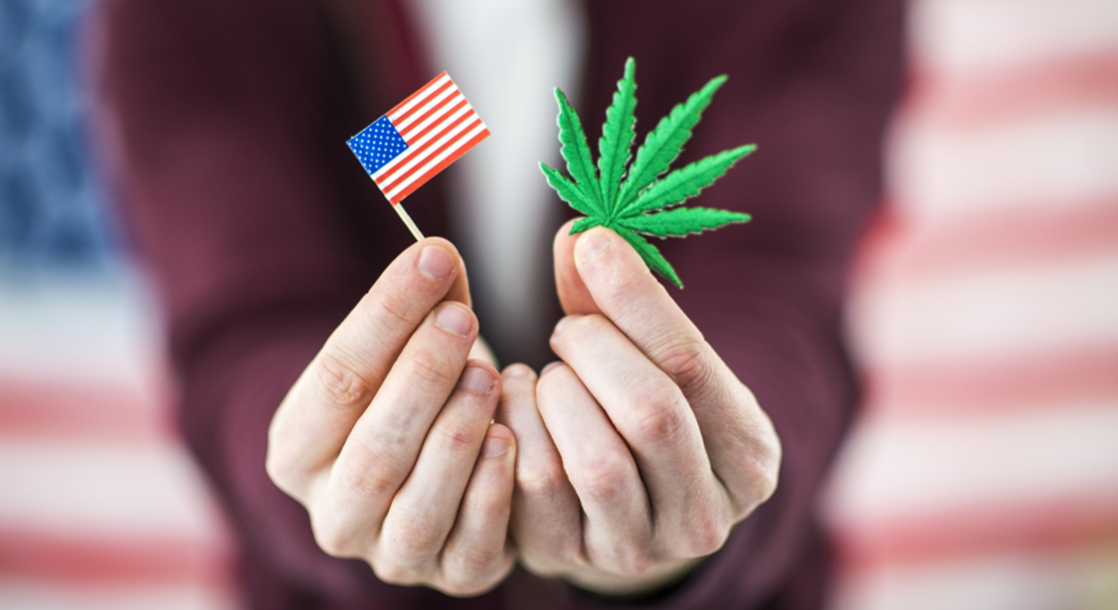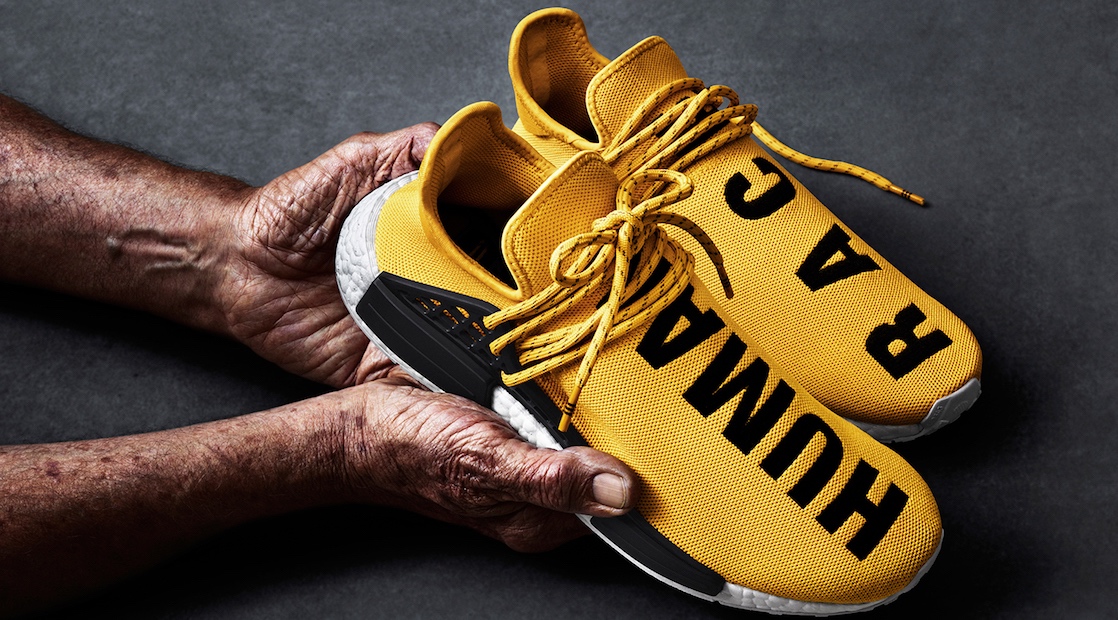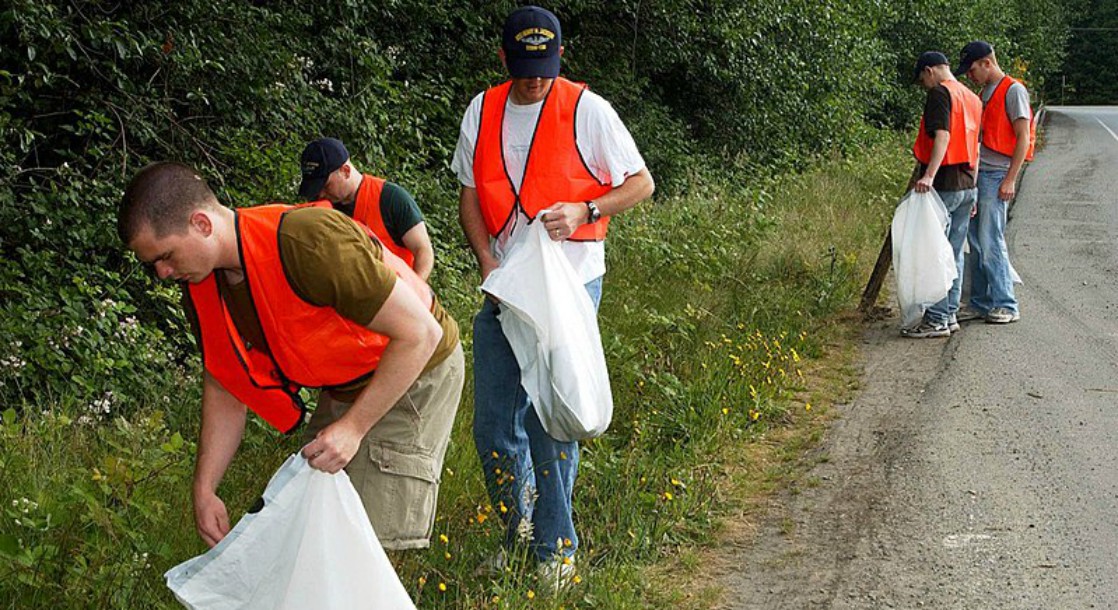One week ago today, Americans turned out to the polls in record numbers, establishing Democratic control over the House of Representatives and sweeping away opponents of cannabis reform in several states. Four states also voted on legalization ballot measures this year: Michigan legalized adult-use cannabis, Utah and Missouri approved medical marijuana initiatives, but North Dakota voted against recreational legalization.
Although several pot-friendly politicians lost their seats in Congress last week, the cannabis industry can now bid good riddance to two of its most notorious enemies: former U.S. Attorney General Jeff Sessions and Texas Rep. Pete Sessions (no relation). Individual state elections also brought good news, as Democratic wins in Illinois, New Mexico, Minnesota, and New York may clear roadblocks that have been preventing those states from moving forward with cannabis legalization.
The Democratic takeover of the House could also help bring legal weed sales to Washington D.C., and even though the Republicans strengthened their hold on Congress' upper chamber, Senate Majority Leader Mitch McConnell has guaranteed that industrial hemp will soon be legal, possibly by the end of the year.
In other news, the Department of Veterans Affairs announced that they would be willing to explore medical marijuana treatments for veterans, but only if federal law specifically changes to allow it. Meanwhile, the first FDA-approved cannabis medicine is now available in pharmacies across the U.S., and San Francisco has announced plans to expand its cannabis social equity program.
Midterm Elections May Set the Scene for Cannabis Reform in 2019
Last week's shakeup of the House sent many lawmakers packing, and both friends and foes of legalization were counted among them. Several pro-cannabis lawmakers lost their bids for reelection this year, including Rep. Dana Rohrabacher (R-CA), sponsor of a historic amendment that has protected state-legal cannabis operations since 2014, and Rep. Carlos Curbelo (R-FL), who sponsored several other major cannabis reform bills while in office.
The midterms also saw the defeat of one of the most powerful enemies of cannabis reform, Rep. Pete Sessions (R-TX). During his tenure in Congress, Sessions used his power as Chairman of the House Rules Committee to single-handedly prevent over 30 cannabis-related bills from coming up for debate. Sessions just lost his seat to Democrat and former NFL player Colin Allred in a tight race, and with it his ability to interfere with the democratic process for marijuana reform.
State-level elections may also tip the balance in favor of legal weed. Just one day after winning the election, Illinois Governor-elect J.B. Pritzker announced that full recreational legalization was one of his top priorities. “That’s something we can work on nearly right away,” he told FOX 32 News. Pritzker added that he intends to clear the records of any Illinoisan convicted of minor pot offenses.
Michigan governor-elect Gretchen Whitmer also promised to take executive action to clear the records of former pot offenders once she takes office next year. “I think that the people of Michigan have said that for conduct that would now be legal, no one should bear a lifelong record for that conduct,” Whitmer said, according to The Detroit News.
Democratic incumbent Andrew Cuomo easily won a third term as governor of New York last week, and although he has opposed legalization in the past, pressure from pro-legalization challengers have convinced him to change his tune. In previous years, Cuomo often sided with the Republican majority in the state Senate in opposing liberal measures like cannabis reform, but the Democratic party took back the Legislature's upper chamber after 70 years of near-constant GOP dominance, greatly increasing the chances that a new legalization bill could pass next year.
Legal weed could also be heading for America's heartland, as New Mexico Governor-elect Michelle Lujan Grisham and Minnesota Governor-elect Tim Walz have both expressed their support for recreational legalization.
President Trump Fires Attorney General Jeff Sessions
Not only do Rep. Pete Sessions and former Attorney General Jeff Sessions share a last name and an unreasonable hatred of weed, but they will both remember November 2018 as the month that they lost their jobs. Since being appointed as the country's top prosecutor, Sessions has continually threatened to bring the full force of the Justice Department down on canna-legal states, and in January, he rescinded Obama-era guidance that impeded his ability to do so, setting the stage for a crackdown on state-legal pot businesses.
While it was Sessions' vehement prohibitionism that made him a villain in the eyes of the legal weed industry, it was his decision to recuse himself from Special Counsel Robert Mueller's investigation into the 2016 election that ultimately soured his relationship with the president. Last Wednesday, Trump demanded Sessions' resignation and announced the appointment of Acting Attorney General Matthew Whitaker, a vocal critic of the investigation.
Regardless of how this decision may impact Mueller's ongoing inquiries, the cannabis industry is celebrating this sudden turn of events. The news of Sessions' dismissal along with Democratic gains in the midterms sent stock prices of legal weed companies through the roof, with some businesses reporting gains of as much as 30%.
Washington D.C. Mayor Announces Plans for Legal Weed Sales
The Democratic takeover of the House may also bring fully legal marijuana sales to the nation’s capital. In 2014, Washington D.C. voters approved a ballot measure that legalized the cultivation, possession, and use of small amounts of pot, but while the measure allowed adults to give each other weed for free, it prohibited all sales of the drug. The resulting mismatch of supply and demand led to the birth of a grey market “gift” economy, where canny entrepreneurs deliver “free” weed in exchange for donations.
City residents and officials alike have argued that a fully-legal adult use market would be the best solution to this problem, but Rep. Andy Harris (R-MD) blocked the city's power to create such a market by means of a rider attached to each year's federal budget bill. The House's new Democratic leadership are not likely to approve Harris’ rider next year, however, and D.C. Mayor Muriel Bowser just announced that she intends to take full advantage of this opportunity by proposing legislation that would fully legalize recreational sales.
“We will prepare a tax-and-regulate scheme to present to the council at the beginning of the next year,” Bowser said at a press conference, the Washington Post reports. “We have an untenable situation in the District. As long as we have the ability to possess marijuana, which is our law, we also need the ability to procure marijuana legally, which we don’t have now.”
Department of Veterans Affairs Open to Exploring Medical Marijuana if Federal Laws Change
The Department of Veterans Affairs has steadfastly refused to allow its doctors to approve cannabis-based treatments for veterans, despite a growing body of evidence confirming that medical marijuana is a safe, effective treatment for conditions like PTSD and chronic pain. Over the past several years, several legislators have proposed bills to ensure that veterans have the right to use medical marijuana, but every single one of these bills has been shot down by Pete Sessions and other GOP leaders.
In an interview last Friday, VA Secretary Robert Wilkie clarified his department's decision on the matter, explaining that his opposition to cannabis solely centered on its legality, not its effectiveness as a treatment. Wilkie told reporters that the VA was indeed willing to consider medical marijuana, but only “if the laws change,” Marijuana Moment reports. The health of veterans who have been injured in service to their country now remains in the hands of Congress, but after the midterms, it’s looking more likely that a bill to help these service members will have a fair shot at success.
Senate Leader Mitch McConnell Guarantees that Congress Will Legalize Hemp
Also on Friday, Senate Majority Leader Mitch McConnell gave the press his personal guarantee that Congress will legalize industrial hemp in the very near future. Some may find it surprising that the country's top Republican lawmaker is a leading advocate for legal cannabis, but McConnell has actually been fighting to legalize hemp for years now. Earlier this year, the GOP leader added a provision to the 2018 Farm Bill to remove hemp from the federal list of controlled substances, allowing it to be legally grown and sold with only minor government oversight.
The Senate passed its version of the Farm Bill in July, but the House passed a version without this important provision. Now, after months of debate, McConnell has confirmed that the hemp legalization language will be included in the final bill. "If there's a farm bill it will be in there, I guarantee you that,” McConnell said, according to The Hill. “We're trying right now to make sure there's a farm bill and before the end of the year." In addition to legalizing the industrial use of hemp, the bill will also allow hemp farmers to apply for federal crop insurance and grants.
The Country's First Cannabis-Derived Medicine Is Now Available in Pharmacies
Epidiolex, the first cannabis-derived drug to ever be approved by the U.S. Food and Drug Administration (FDA), is now legally available for sale in all 50 states. The drug, which uses plant-sourced CBD to treat rare forms of epilepsy, received FDA approval in June, and the DEA reclassified it from Schedule I to Schedule V this September.
A year's supply of Epidiolex will reportedly cost $32,500, and although much of this cost can be covered by health insurance, the price will still put it out of reach of many individuals. Fortunately, cheaper, hemp-derived CBD medicines are readily available throughout the U.S., and these products will become entirely legal if the 2018 Farm Bill becomes law.
San Francisco Offers Free Legal Help to Cannabis Business Equity Applicants
Shortly after California voted to legalize recreational cannabis sales in 2016, several Golden State cities and towns unveiled social equity programs intended to promote equality within this growing new industry. In Oakland and San Francisco, two of the first cities to launch these programs, hundreds of prospective business owners enrolled, but two years later, officials are finding that few of these applicants have successfully managed to open their businesses.
This week, San Francisco officials announced that they will begin offering free legal services to equity program applicants, to help them navigate licensing, permitting, and other thorny issues that challenge first-time business owners. “This expansion of services we are announcing today will help people in these communities to participate in and benefit from this great new economic opportunity,” Mayor London Breed said in a statement. “While we can’t change what has happened in the past, we can make sure that as we move forward our new cannabis industry is an inclusive one with low barriers to entry, which will make it stronger and more successful for everyone involved.”
Come back next week as we track more major developments in marijuana. In the fight for pot reform, knowledge is power, so stay tuned!











